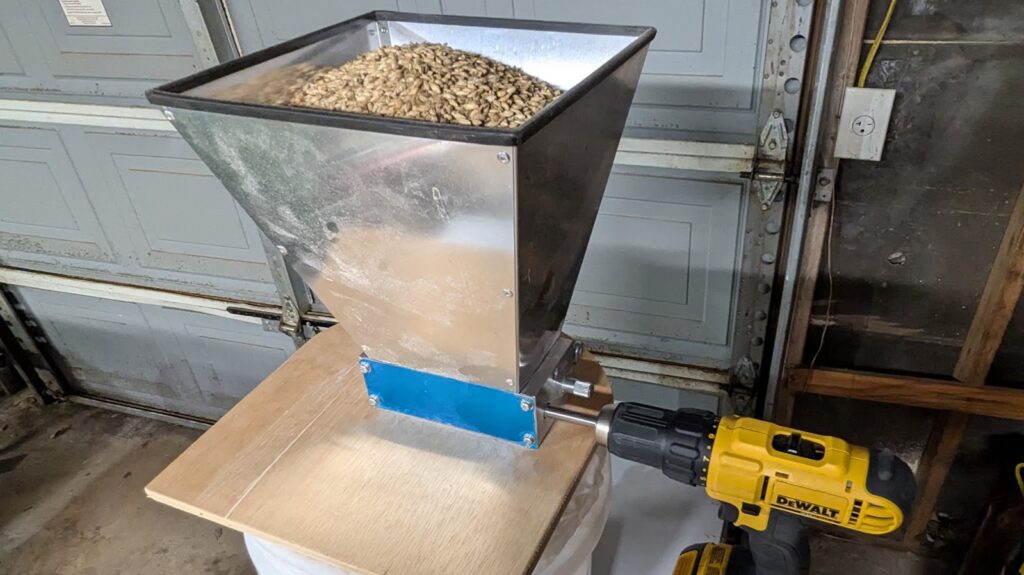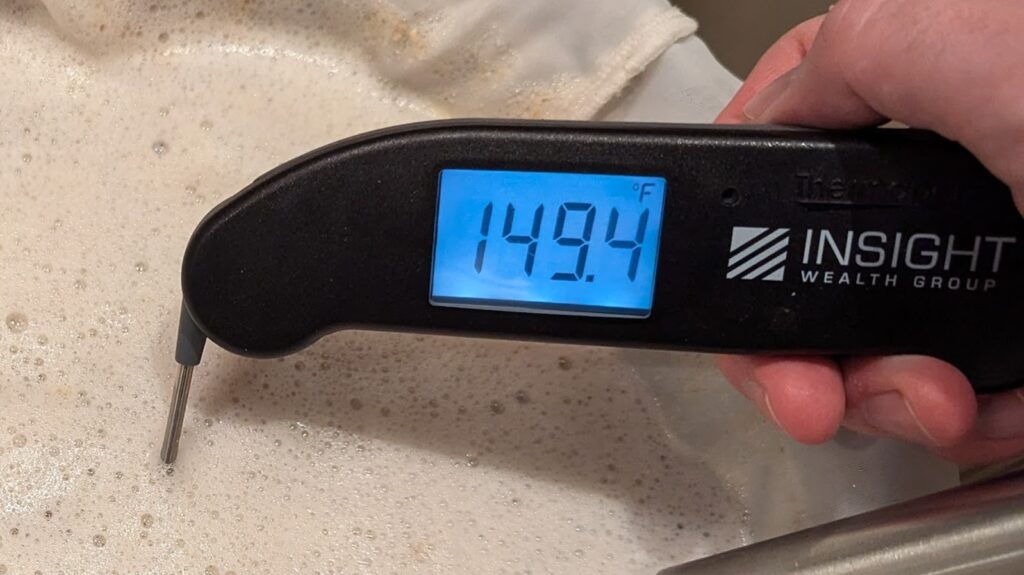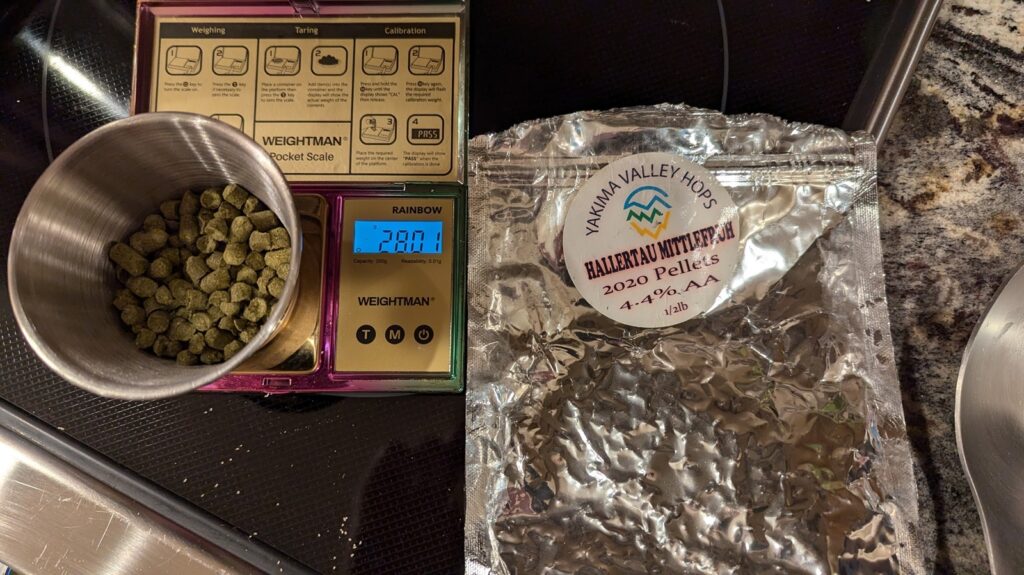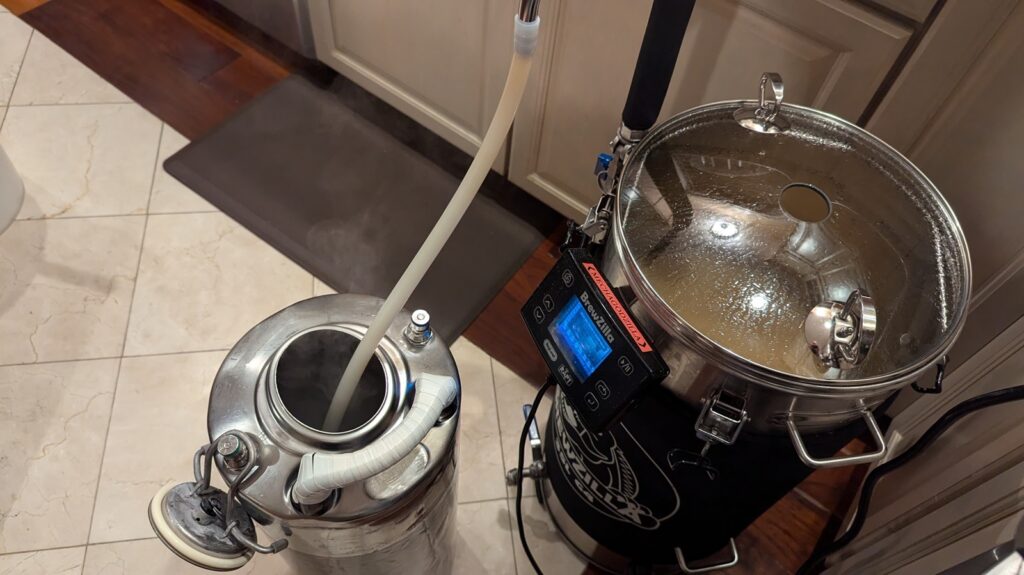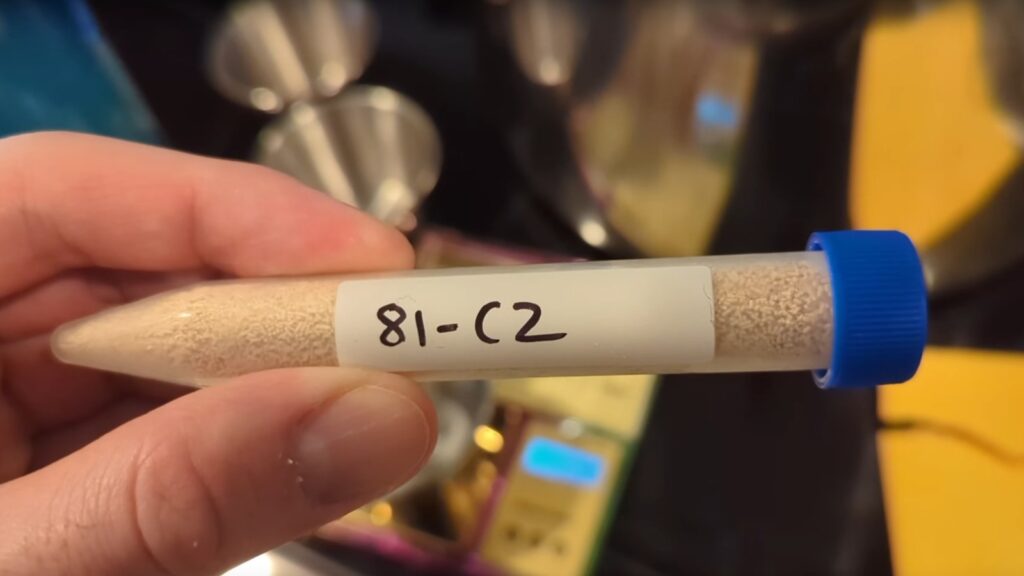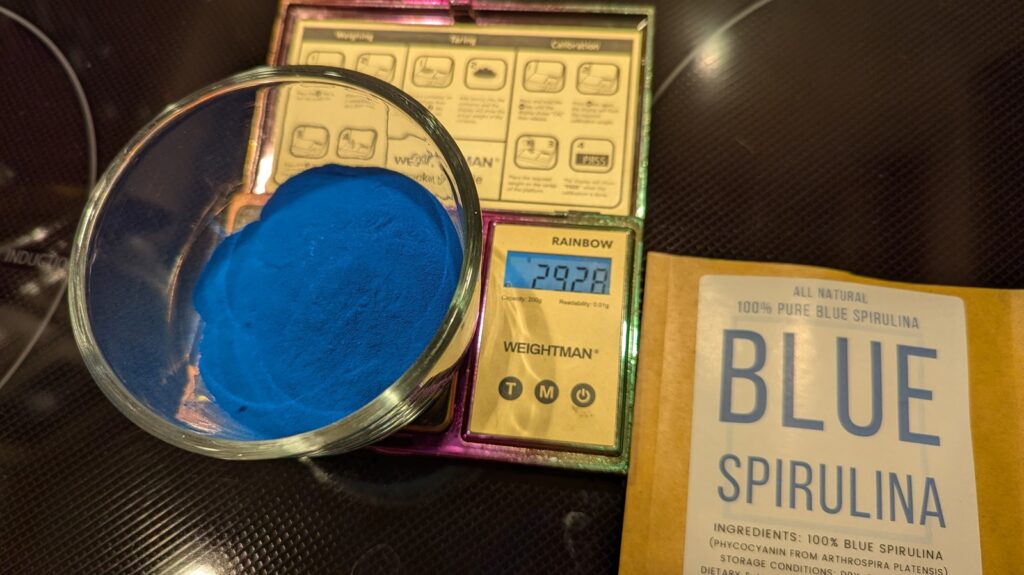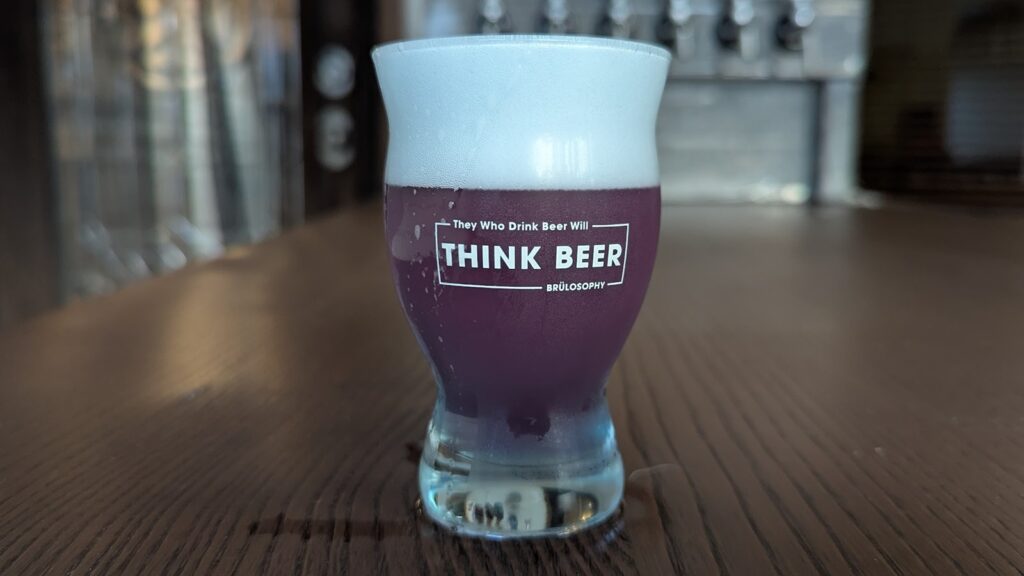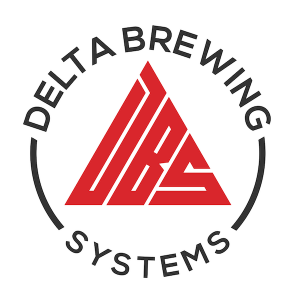Author: Alex Shanks-Abel
As in-person socializing took a hit in 2020 due to the Covid pandemic, online spaces began to flourish, and homebrew clubs were no exception. It was during this time that The Brü Club (TBC) really began to grow in terms of membership, serving as a primary source of community for some and a secondary club for others. As rad as it was to have a group of likeminded folks to virtually hangout with, one of the greatest challenges was planning fun, affordable activities.
As luck would have it, we were able to obtain a bunch of expired yeast for very cheap, and this led us to coming up with an activity we aptly referred to as FrankenBrü. TBC leadership member, Haven Schultz, sent out packs of random dry yeast to club members who were encouraged to brew something spooky for Halloween. This was in addition to a yeast guessing game, the outcome of which was featured on an episode of The Brülosophy Show.
To increase my chances of both guessing the correct yeast strain as well as brewing something drinkable, I made a very simple single-malt and single-hop (SMASH) Blonde Ale. Not one to shy away from doing weird stuff, I opted to add blue spirulina powder to this batch, which is a concentrated form of the pigment phycocyanin that lacks most of the earthy flavor of spirulina. What’s not to love about a mysterious green beer for Halloween?
| Making FrankenBlü Blonde Ale |
Seeing as I had no clue what yeast strain I would be using, I went with a very simple Blonde Ale recipe as the base for this beer. I also opted to employ more of a Short & Shoddy approach, for better or for worse.
FrankenBlü Blonde Ale
Recipe Details
| Batch Size | Boil Time | IBU | SRM | Est. OG | Est. FG | ABV |
|---|---|---|---|---|---|---|
| 5.5 gal | 30 min | 9.4 | 3.9 SRM | 1.061 | 1.009 | 6.83 % |
| Actuals | 1.061 | 1.009 | 6.83 % | |||
Fermentables
| Name | Amount | % |
|---|---|---|
| North Star Pils | 15 lbs | 100 |
Hops
| Name | Amount | Time | Use | Form | Alpha % |
|---|---|---|---|---|---|
| Hallertauer Mittelfrueh | 28 g | 30 min | First Wort | Pellet | 4 |
Yeast
| Name | Lab | Attenuation | Temperature |
|---|---|---|---|
| NovaLager | Lallemand (LalBrew) | 82% | 50°F - 68°F |
Notes
| Water Profile: Ca 40 | Mg 0 | Na 0 | SO4 38 | Cl 44 |
Download
| Download this recipe's BeerXML file |
After collecting the full volume of brewing water and adjusting it to my desired profile, I weighed out and milled the grains.
With the water appropriately heated, I incorporated the grains then checked to make sure it was at my target mash temperature.
During the mash rest, I weighed out the kettle hop additions.
When the 30 minute mash was complete, I removed the grains and boiled the wort for 30 minutes before immediately transferring it to a fermentation keg.
After placing the fermenter full of hot wort in a cool place to chill overnight, I took a refractometer reading showing it was at a respectable 1.061 OG.
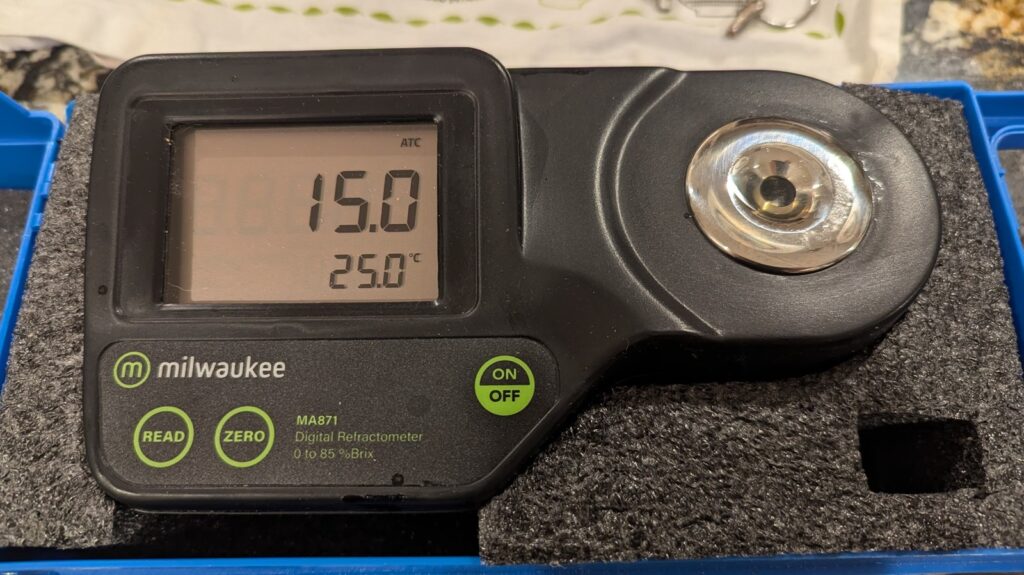
While waiting on the wort to chill, I made a few starters of my mystery yeast – one for pitching into this beer, one for banking, and one to sample in hopes of being able to identify the strain.
With the wort stabilized at 68°F/20°C the following day, I pitched the yeast starter and noticed activity later in the evening. Following a week of fermentation, I gently added the blue spirulina powder along with a small amount of potassium metabisulfite to mitigate any oxidation.
A couple days later, signs of fermentation were absent, so I took a hydrometer measurement indicating FG had been reached.
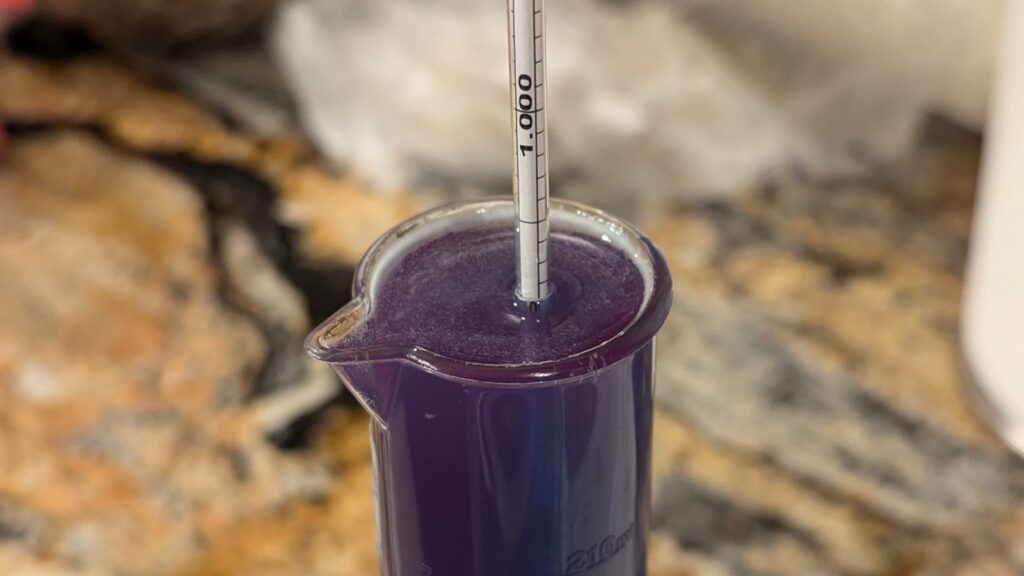
At this point, I pressured transferred the beer to a serving keg that was placed on gas in my keezer. After a couple weeks of conditioning, it was carbonated and ready to serve.
| IMPRESSIONS |
I always love a good challenge, so when I was presented with the opportunity to brew a beer using a mystery yeast strain, I not only accepted, but decided to go even wackier by adding blue spirulina. While this unique algae is known to have some health benefits, I understood that the powdered form I’d purchased is primarily used as a food coloring, and given this beer was brewed for Halloween, I was hoping that the combination of blue spirulina and yellow beer would result in a spooky green appearance. That didn’t end up being the case, but I did enjoy how the beer seemed to change color depending on the lighting.
As far as the actual beer goes, I was both surprised and mildly disappointed in how it turned out. That’s not to say there was anything wrong with it, just that the wacky flavors I originally envisioned evaporated when my eyes weren’t doing the drinking. I became convinced the yeast I received was likely a notably clean fermenting lager strain. Curiously, when I served this beer to unsuspecting tasters in low-light conditions, they tended toward a similarly neutral to positive general impression; however, many of those who saw the color of beer first could barely stomach the thought of drinking it. Halloween goal accomplished!
Overall, I felt my FrankenBrü Spirulina Blonde Ale was more exciting to look at than it was to drink, which I fully accept was a function of my expectations. As fun as it was to make a beer with a mystery yeast, I’m confident the end result would likely have been better had I been able to tailor the style and recipe to the specific strain. So it goes. While it may not be fully possible for others to truly Brü It Yourself, this batch proves that blue spirulina powder can be effectively used to impart an otherwise normal looking beer with a pungent blueish-greenish-purplish color… if that’s your jam.
If you have thoughts about this recipe or experience making something similar, please feel free to share in the comments section below!
Support Brülosophy In Style!
All designs are available in various colors and sizes on Amazon!
Follow Brülosophy on:
FACEBOOK | TWITTER | INSTAGRAM
If you enjoy this stuff and feel compelled to support Brulosophy.com, please check out the Support page for details on how you can very easily do so. Thanks!


